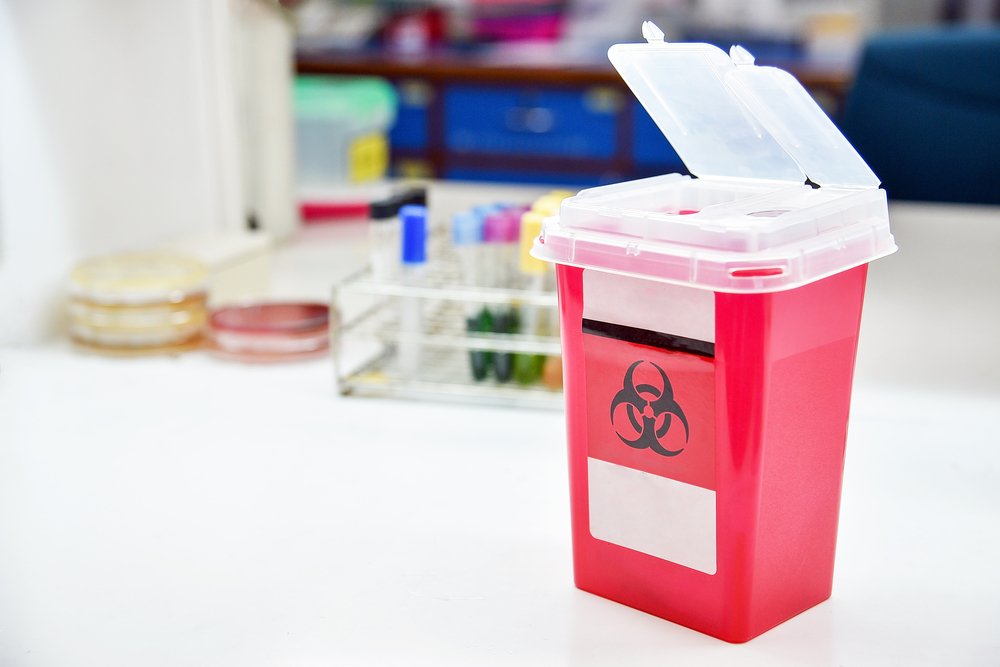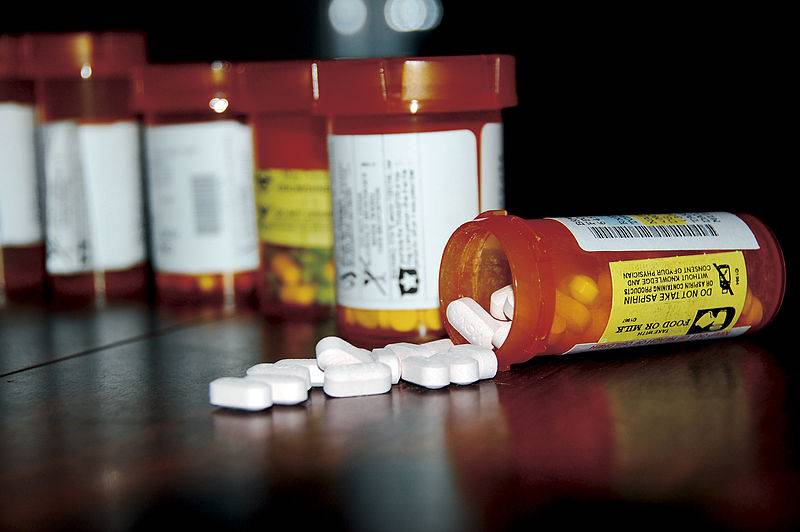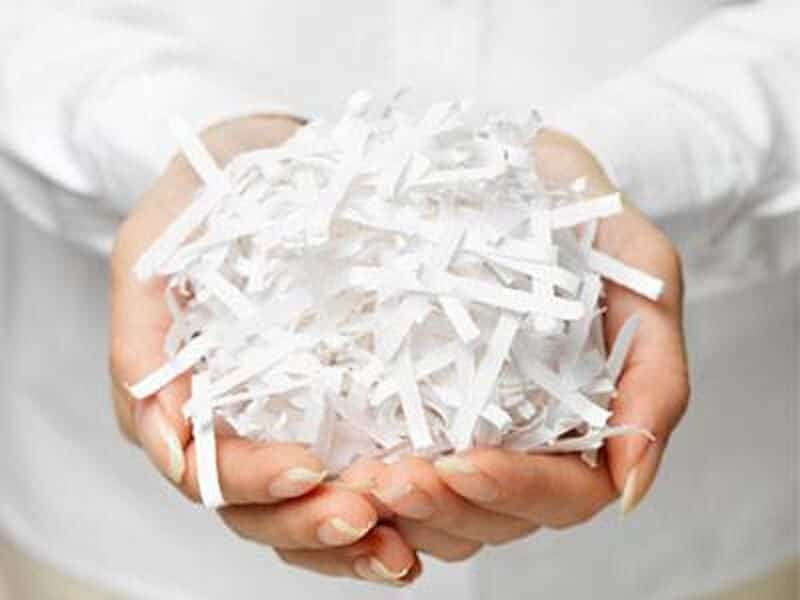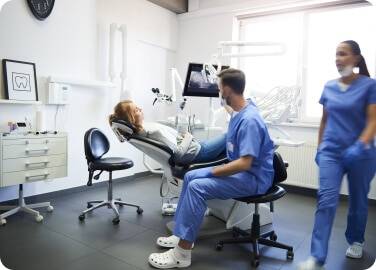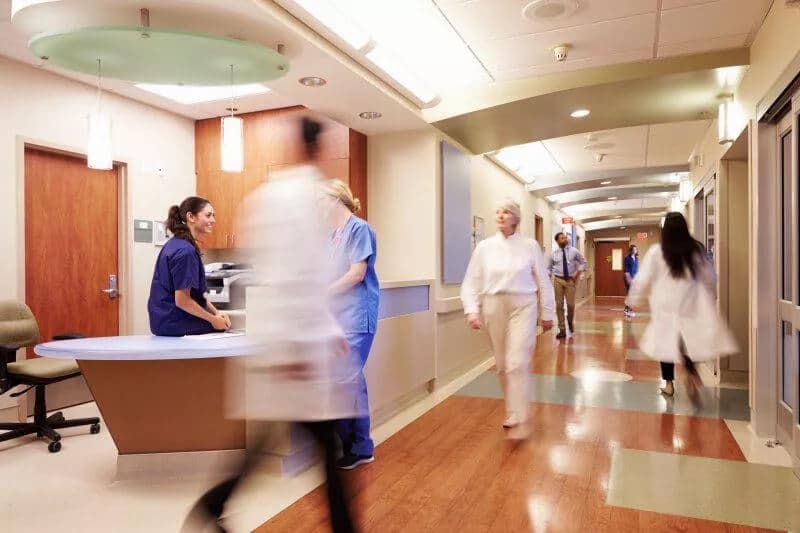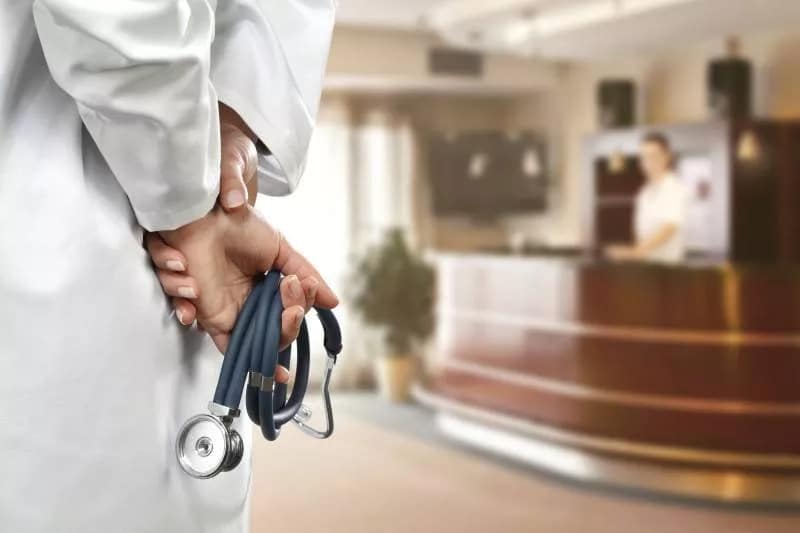Medical Waste Disposal Manhattan, NY
MedPro Disposal helps healthcare providers in Manhattan, NY save an average of 30% on their medical waste disposal.
Manhattan, New York Medical Waste Disposal Services
MedPro Disposal offers medical waste disposal, infectious sharps waste management, OSHA compliance training including bloodborne pathogens training and certification, and HIPAA-compliance document shredding and data destruction services. MedPro Disposal keeps your practice safe and compliant so you can focus on what matters most, your patients.
Industries We Service
Take the MedPro Disposal challenge!
See how much MedPro Disposal can save your practice!
It’s Easy to Get Started With MedPro Disposal

Contact Us
Contact MedPro Disposal for a fast, free medical waste removal quote. We’ll get to know you, discuss your needs, and settle on a number. You may be surprised at how much you can save on medical waste disposal with MedPro Disposal.

Waste Pickup Date
Work with MedPro Disposal to determine your first pickup date. We’ll confirm your office hours and provide convenient options for medical waste and sharps pickup.

Compliance Survey
Complete a compliance survey. After we get to know your requirements, we’ll send you a survey to identify any areas that need to be brought up to OSHA standards.
All three steps occur at no additional cost to your practice. You’re on your way to safe, affordable, compliant medical waste removal!
Contact MedPro Disposal Today for a Fast, Free Quote!
Manhattan, NY
Manhattan, the most densely populated of New York City’s five boroughs, serves as the city’s economic and cultural epicenter. Encompassing approximately 23 square miles, it is bordered by the Hudson River to the west, the East River to the east, and the Harlem River to the north. As of 2023, Manhattan’s population was estimated at 1.63 million residents. The borough is renowned for its iconic landmarks, including Central Park, Times Square, and the Empire State Building, and is a global hub for finance, entertainment, and commerce.
Find Out How Much You Can Save Instantly
Try our on-line savings calculator.
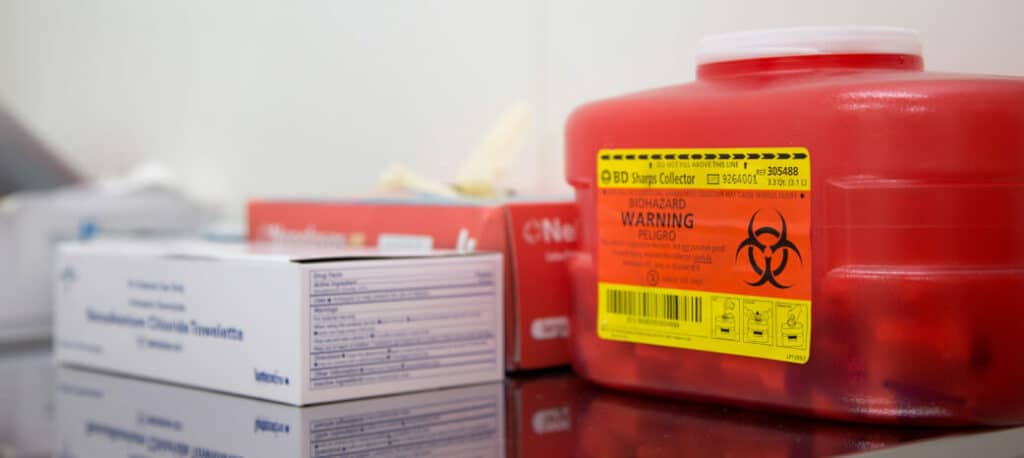
Medical Waste Management in Manhattan, NY
In Manhattan, the management of regulated medical waste (RMW) is governed by stringent regulations enforced by both the New York State Department of Environmental Conservation (DEC) and the New York State Department of Health. Healthcare facilities, including hospitals, clinics, and laboratories, are mandated to adhere to protocols for the proper storage, treatment, and disposal of medical waste to ensure public safety and environmental protection.
Approved methods for treating RMW in Manhattan encompass autoclaving, incineration, and chemical disinfection. Post-treatment, the waste must be disposed of at authorized solid waste management facilities. Healthcare institutions are required to develop and maintain comprehensive Medical Waste Management Plans, detailing procedures for the safe handling and disposal of RMW.
Given Manhattan’s dense population and the high volume of medical services provided, effective medical waste management is critical. Compliance with established regulations not only ensures the safety of healthcare workers and patients but also contributes to the overall well-being of the community.
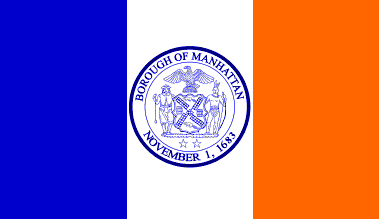
Advancing Waste Management in Manhattan through MedPro
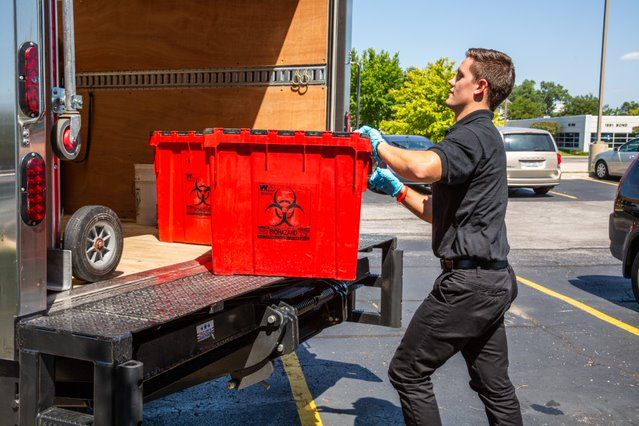
MedPro Disposal delivers comprehensive waste management services tailored to Manhattan’s diverse healthcare landscape. By offering regulated medical waste disposal, sharps container management, pharmaceutical waste solutions, and OSHA compliance training, MedPro ensures that healthcare facilities adhere to stringent safety and environmental standards. Clients typically experience cost savings of up to 30% compared to previous waste management expenditures.
In addition to waste disposal, MedPro provides an online compliance portal, enabling healthcare professionals to access training modules and certification services. This resource supports facilities in maintaining compliance with OSHA and HIPAA regulations, fostering a safer environment for both staff and patients.
By partnering with MedPro Disposal, Manhattan’s healthcare providers benefit from streamlined waste management processes, enhanced compliance training, and significant cost efficiencies, all contributing to improved operational effectiveness.
Healthcare Access Across the Borough
Manhattan boasts a robust healthcare infrastructure, featuring some of the nation’s leading hospitals and medical research institutions. Notable facilities include NewYork-Presbyterian Hospital, Mount Sinai Hospital, and NYU Langone Health. The borough is also home to esteemed medical schools such as Columbia University Vagelos College of Physicians and Surgeons and Weill Cornell Medicine. The concentration of healthcare professionals in Manhattan is notably high, with approximately 0.14 healthcare workers per 100 residents, double the ratio found in other New York City boroughs.
Biomedical Waste Management
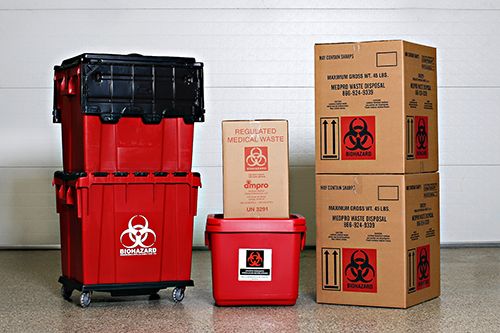
There is a fundamental significance around waste management, collection, and recycling. In general these are intrinsic to the health of both the environment in every city and the health of its population. Especially in the current century, where there is a global recognition to protect the environment, as well as its link towards lessening health risks; there is more significance and emphasis around proper waste management.
In the past, countries merely incinerated wastes and people thought it to be sufficient and passable as waste management; because these methods are highly pollutive. Alongside global consciousness, industries that are built around waste management have also evolved alongside tighter restrictions around international standards. Now, waste management companies offer a variety of services in terms of both collecting and disposing of waste.
This is especially true for the case of biomedical waste management.
Collection and Types of Biomedical Waste in Manhattan NY:
An effective waste management system is possibly the most understated yet critical aspect of healthcare. Every day, thousands of wastes are generated by healthcare facilities such as: research centers/laboratories, hospitals, clinics, and even tattoo shops. All of them pose risks and require strict protocols for proper disposal. Hazardous and toxic medical wastes could also pose a number of risks: Hepatitis A & B, HIV, chemical burns, and toxic exposure to pharmaceutical products.
These medical wastes include:
- Sharps (needles, syringes, lancets, infusion sets, epi pens, insulin pens, scalpels, scissors, etc.)
- Liquid Waste (blood, bodily fluid, etc.)
- Solid Waste (Non-sharp items contaminated with any bodily fluids or biological material. For example: gloves, pipettes, towels, and etc.)
Sharps & Biohazard Disposal
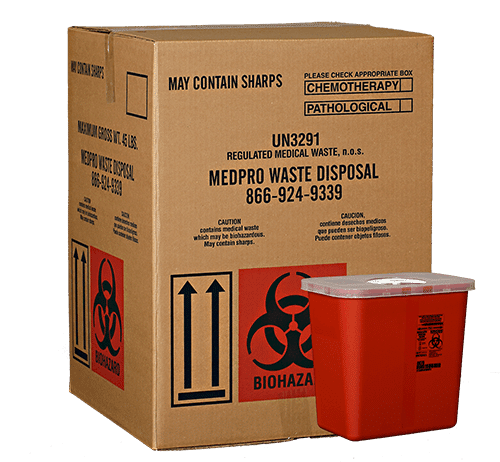
While needles save countless lives in hospitals, the risks that improper biohazard waste and sharps disposal poses can go from injuring an individual, to putting them at risk of exposure towards hazardous chemicals and potentially infectious bodily fluids.
Hence, their disposal is of utmost significance. The recommended and enforced way of disposing sharps is through disposing them in their prescribed special sharps disposal container and then hiring reliable companies with proper certifications to collect and dispose of these biomedical wastes.
Best Practices:
A reliable biomedical waste management company would consider a couple of protocols to ensure safety throughout the process of disposal. Generally speaking: the first step is appropriate segregation of healthcare wastes. Non-hazardous wastes must be separated from biohazard waste, and mixtures of both wastes are hazardous. This makes it easier for waste disposal companies to handle healthcare waste.
The safe handling of sharps and toxic wastes is a must.
- They must not be passed from hand to hand.
- Used needles must not be broken or bent before disposal.
- Used sharps must immediately be discarded in a sharps container. These containers must be strong enough to not be pierced through by the medical sharp that’s involved. Usually, the material used is either metal or high-density plastic.
- Infectious wastes must be, at all times, disposed of in leak-proof containers that are compatible with the material involved.
Furthermore, sharps containers:
- Must be located to avoid spillage.
- Must be kept at a height that allows safe sharps disposal.
- Must be kept away from public access.
- Must not be overfilled.
- Must be disposed of once full.
- Should be closed between uses.
- Must not be used for purposes other than sharps disposal.
- Should be disposed of after 3 months even when not full.
Manhattan NY Local Resources
Department of Environmental Protection
Department of Environmental Protection

55 West 125th Street, 9th Floor, New York, NY

(718)-595-7000
New York City Hall
New York City Hall

City Hall Park, New York, NY

(212) 639-9675
New York City Department of Health and Mental Hygiene
New York City Department of Health and Mental Hygiene

160 W 100th St, Fl 1, New York

(646) 364-0959
Did You Know?
The name “Manhattan” originates from the Lenape Native American language, translating to “a place where we gather wood to make bows and arrows,” reflecting the area’s early use by indigenous peoples.
Methods of Manhattan Medical Waste Disposal
On-site Medical Waste Collection
Package medical waste on-site, then leave it for collection by a medical waste disposal company.
Mailback Waste Disposal
Properly package and label the sharps, then send the biohazardous waste safely through the mail for disposal.
